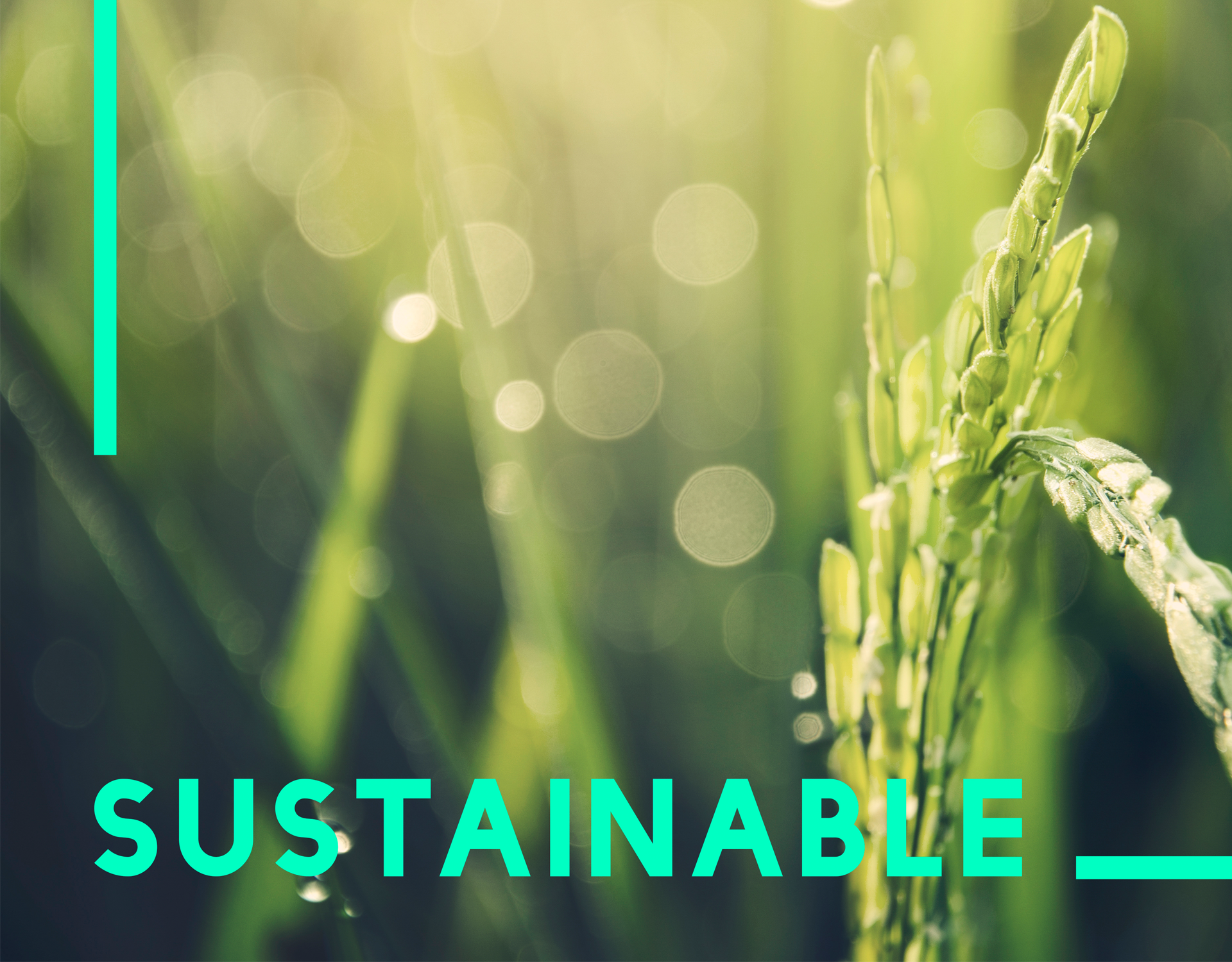Our Approach
At Envirovibe India Foundation, our approach to environmental conservation is grounded in the application of
international best practices that ensure the effectiveness and sustainability of our initiatives. We are
committed to continuous improvement and transparency through rigorous quality assurance processes, which are
vital to our operations.
Our Quality Assurance system is underscored by ISO 9001:2015 compliance, which mandates the establishment of
standard operating procedures that guide our project implementations. These procedures are designed to ensure
consistency, efficiency, and accountability in all activities. Regular audits and assessments are conducted to
evaluate our adherence to these standards, fostering a culture of continuous improvement that empowers our
team to identify areas for enhancement.
In parallel, our Environmental Management System is structured around ISO 14001:2015 implementation. This
framework requires comprehensive environmental impact assessments for all our projects, allowing us to
identify potential adverse effects and develop mitigation strategies proactively. We adhere to global
reporting standards that not only enhance our accountability but also facilitate informed decision-making
among stakeholders.

